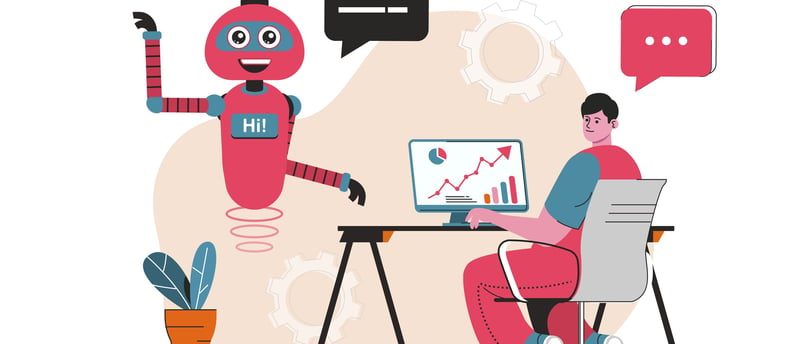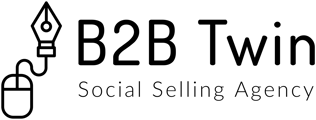A Glimpse into a Changing Landscape of Work
The future of work promises opportunities and calls for workers' well-being.
CAREERSALESB2B


In the not-so-distant past, the concept of work was reasonably predictable. People would secure stable jobs, clock in their hours at brick-and-mortar offices, and retire after several decades with a pension. However, as technological advancements continue to reshape industries and redefine how we operate, the future of work appears unpredictable and messy. This post was triggered by the article “The Messy Future of Work” from Newsweek, published on September 29, 2023.
The Rise of Gig Economy
One significant trend affecting the future of work is the steady rise of the gig economy. As the article highlights, independent contracting and freelancing are becoming popular for workers seeking flexibility and autonomy. Traditional employment models are being challenged by platforms that connect companies with on-demand talent, allowing individuals to pick up gigs or projects tailored to their skills and schedule. While this shift offers new opportunities for some workers, it also raises questions about job security, benefits, and fair compensation.
Automation’s Impact
Technological advancements such as artificial intelligence (AI), robotics, and automation have impacted various industries. The jobs humans once performed are now automated or streamlined with intelligent machines. AI-powered algorithms have led to efficient data processing capabilities that outstrip manual labor capacities.
The Need for Upskilling and Reskilling
As automation continues to replace certain job functions, there is a growing need for upskilling and reskilling among workers to remain competitive in this evolving landscape. The Newsweek article emphasizes how individuals must adapt their skill sets to meet emerging technologies and market demands. Organizations also play a crucial role in fostering continuous learning environments to empower employees with relevant skills for tomorrow’s jobs.
Flexibility and Remote Work
The pandemic sped up the shift towards remote work, prompting organizations worldwide to adopt flexible work arrangements. The Newsweek article sheds light on the challenges and opportunities associated with this new normal. While remote work offers increased flexibility and a better work-life balance for some, it has also blurred the boundaries between personal life and work. Managers must maintain team cohesion and morale in a distributed work environment.
Mental Health Considerations
Unpredictability and market volatility can take a toll on mental well-being. The Newsweek article underlines the importance of addressing mental health concerns as part of the messy future of work conversation. Employers recognize the need to provide comprehensive support systems prioritizing employee wellness, ranging from mental health resources to stress management initiatives.
Ethical Implications
In an interconnected world, ethical considerations in the workplace have gained prominence. As highlighted in the article, discussions about privacy, surveillance, algorithmic biases, and fair treatment continue to shape our understanding of what makes up an ethical approach to work in this messy future.
Conclusion
The future of work promises exciting opportunities and calls for measures to ensure workers’ well-being and fair opportunities amid uncertainty. As individuals, organizations, policymakers, and society adapt to these transformative times, we must embrace open dialogue, innovative solutions, and inclusive practices to create a more coherent future of work for all.
